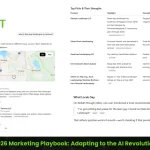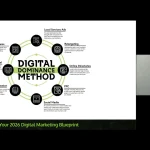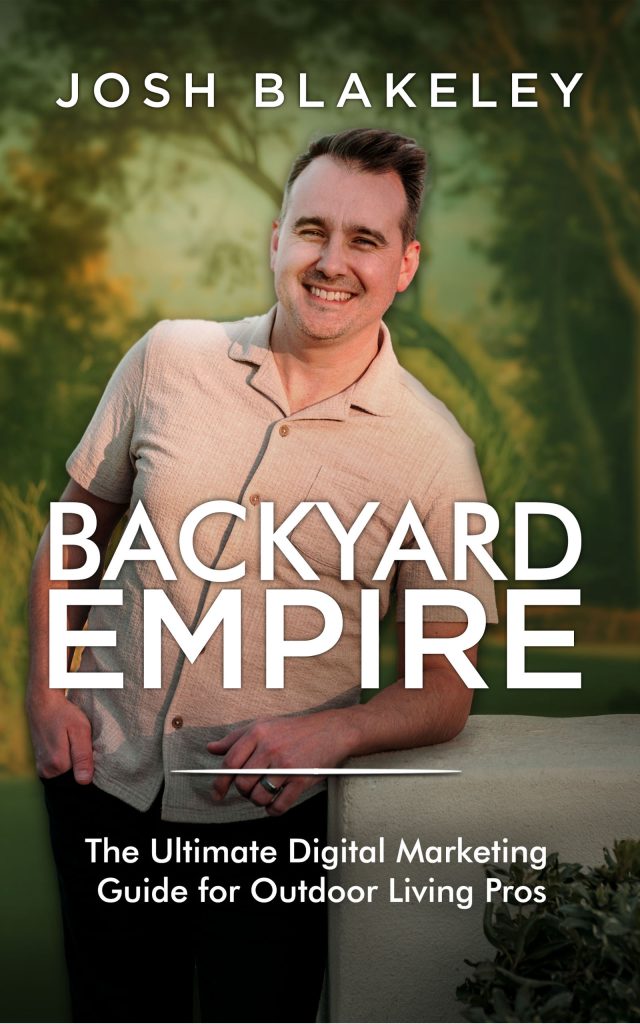In today’s rapidly evolving digital landscape, the integration of artificial intelligence (AI) and automation into marketing strategies is no longer a luxury—it’s a necessity. For landscape, hardscape, and outdoor living contractors, leveraging these technologies can significantly improve lead conversion rates, optimize operational efficiency, and ultimately drive business growth in 2025 and beyond. This comprehensive guide, inspired by expert insights from Josh Blakely of Landscape and Hardscape Contractor Marketing, will walk you through practical AI and automation tools and strategies tailored specifically for your industry.
Whether you’re struggling with converting leads, managing your online reputation, creating compelling content, or optimizing paid advertising, this article will provide you with actionable tactics and fresh perspectives on how to harness AI and automation for maximum impact.
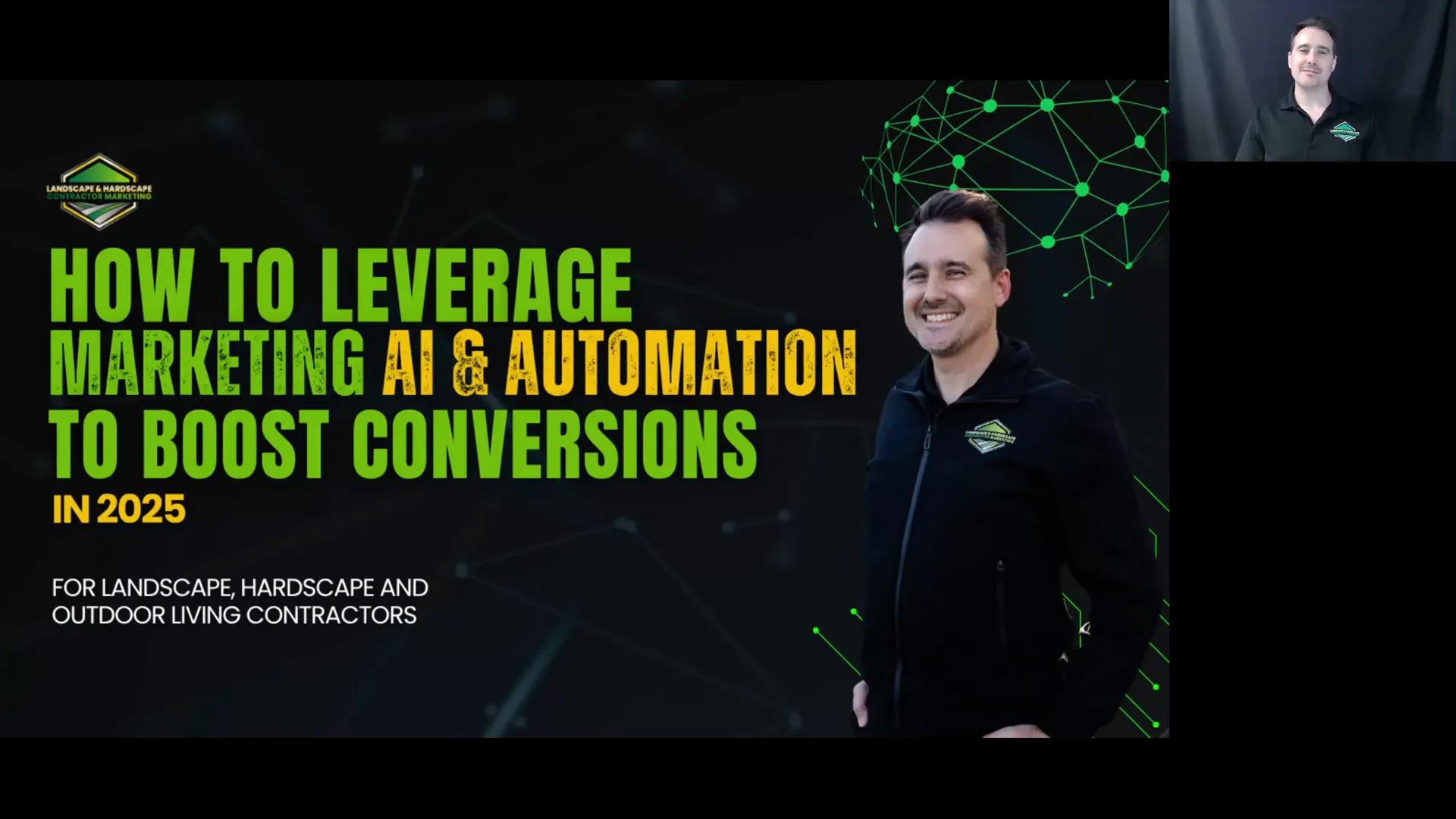
Table of Contents
- Outline
- Introduction to AI in Marketing for Landscape Contractors
- Identifying Key Challenges in Marketing and Why AI & Automation Matter
- Five Core AI and Automation Updates Transforming Landscape Contractor Marketing
- Practical Applications: From Lead Conversion to Reputation Management
- Optimizing Content Creation with AI
- Enhancing Paid Advertising with AI-Assisted Tools
- Implementing Best Practices and Next Steps
- Frequently Asked Questions (FAQ)
- Conclusion
Outline
- Introduction to AI in Marketing for Landscape Contractors
- Identifying Key Challenges in Marketing and Why AI & Automation Matter
- Five Core AI and Automation Updates Transforming Landscape Contractor Marketing
- Practical Applications: From Lead Conversion to Reputation Management
- Optimizing Content Creation with AI
- Enhancing Paid Advertising with AI-Assisted Tools
- Implementing Best Practices and Next Steps
- Frequently Asked Questions (FAQ)
- Conclusion
Introduction to AI in Marketing for Landscape Contractors
The marketing landscape is evolving faster than ever, driven by groundbreaking advances in artificial intelligence and automation. For landscape and hardscape contractors, this evolution represents both a challenge and an opportunity. The challenge lies in keeping pace with new tools and strategies; the opportunity is the ability to significantly increase conversions and revenue by integrating AI-driven solutions into your marketing funnel.
At the core of a successful marketing program is a three-pillar approach:
- Lead Generation: Driving as many quality leads as possible into your sales funnel.
- Lead Conversion: Maximizing the percentage of leads that turn into paying customers.
- Optimization & Repeat: Continuously improving results and repeating the process with new prospects.
AI and automation intersect with all these pillars to streamline workflows, enhance client interactions, and provide data-driven insights that improve decision-making.
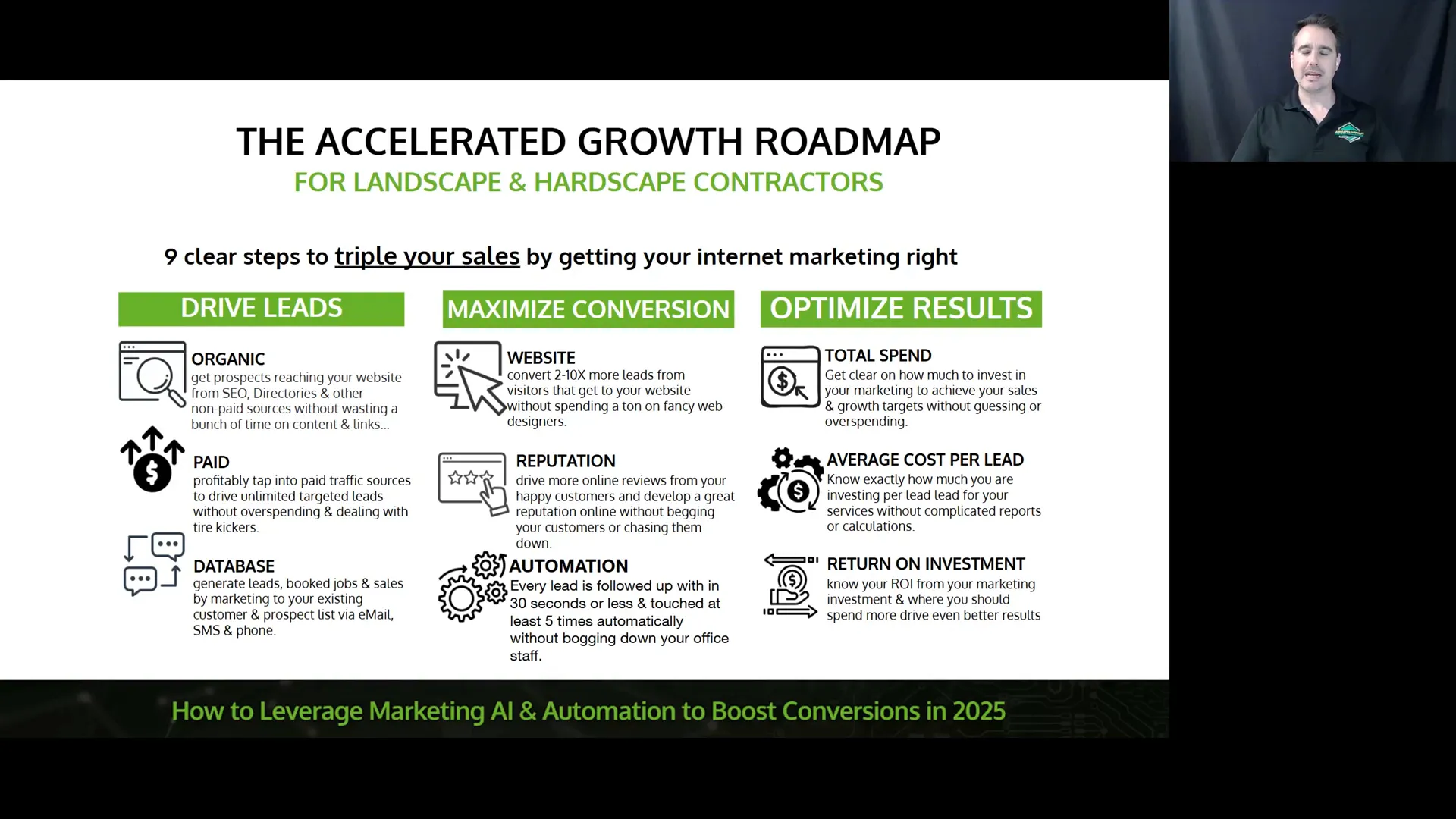
Identifying Key Challenges in Marketing and Why AI & Automation Matter
Before diving into the solutions, it’s essential to understand the main challenges landscape contractors face today:
- Not Enough Leads: Many contractors feel stuck with insufficient inquiries and project opportunities.
- Lead Quality Concerns: Even when leads come in, they often don’t meet expectations or convert.
- High Advertising Costs: The cost to acquire leads through paid ads continues to rise.
- Uncertainty Over ROI: Without proper systems, it’s hard to know if your marketing efforts are paying off.
- Overwhelm and Analysis Paralysis: The sheer number of marketing options and tools can leave businesses stuck, unsure of next steps.
Josh Blakely challenges contractors to rethink the problem: Is lead flow really the biggest bottleneck? Or is it unconverted leads? Often, businesses receive leads but fail to convert a large percentage of them into paying customers due to ineffective follow-up and engagement.
For example, form submissions from websites or paid ads can have failure-to-convert rates as high as 90%. This reveals a critical opportunity: by improving follow-up processes, you can dramatically increase your revenue without needing more leads.
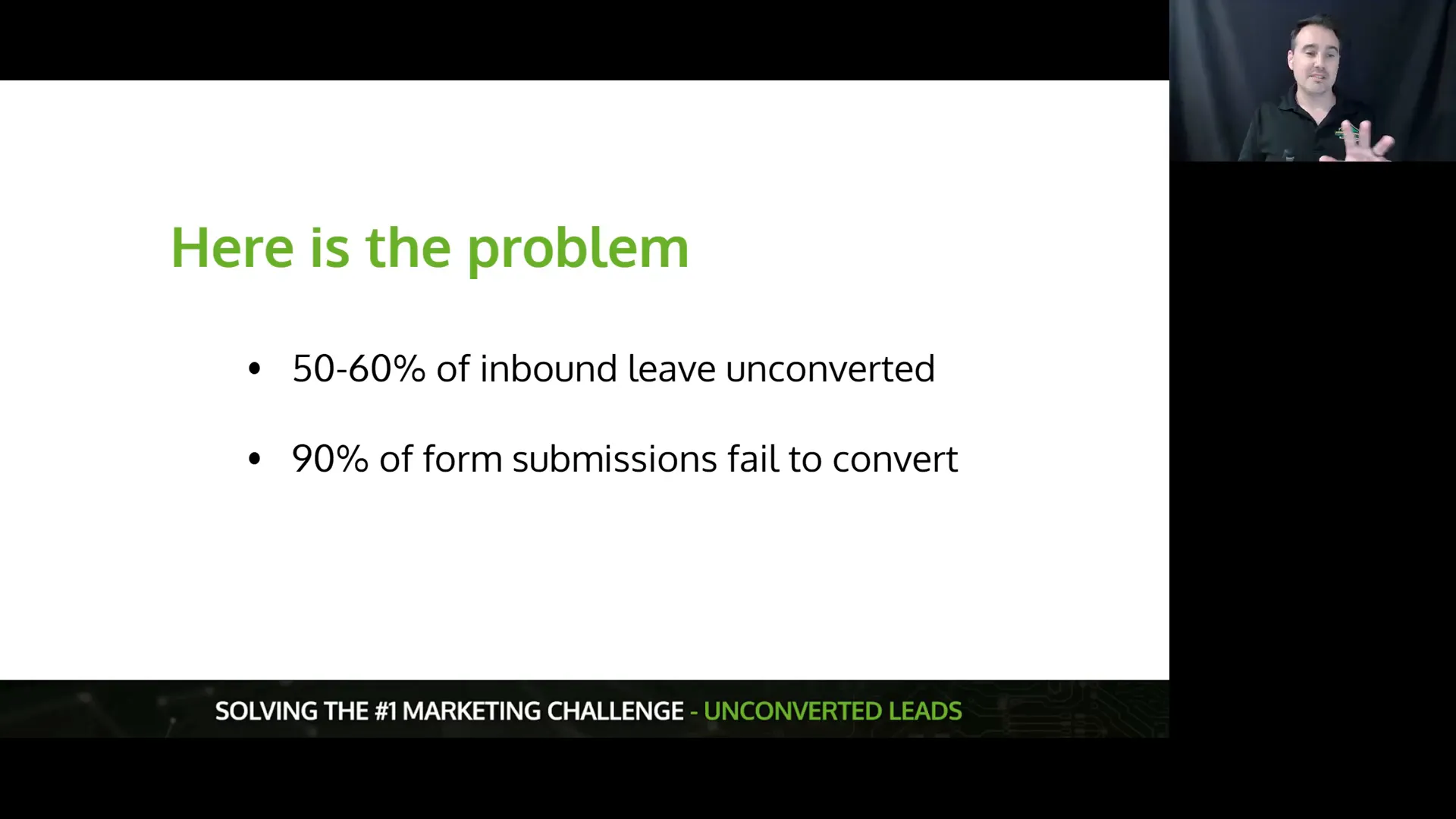
Why Timely Follow-Up is Crucial
Consumer attention spans are shorter than ever. Research shows that leads need to be followed up with rapidly—ideally within 2 minutes of form submission—and ideally touched five to seven times through various communication channels to boost conversion chances.
Text messaging is increasingly becoming the preferred method of communication over phone calls and emails. Adapting to these preferences using AI-powered automation can significantly improve engagement and lead conversion.
Five Core AI and Automation Updates Transforming Landscape Contractor Marketing
Here are the five key areas where AI and automation are making a substantial impact for landscape contractors in 2025:
- Virtual Receptionists and AI Chatbots for 24/7 Availability
- Data-Driven Phone Call Analysis and Sales Training
- Reputation Management in the Era of Answer Engine Optimization
- AI-Powered Content Creation and Brand Voice Optimization
- AI-Assisted Tools for Paid Advertising Optimization
1. Virtual Receptionists and AI Chatbots
One of the most game-changing advancements is the rise of AI voice agents and chatbots that enable your business to operate 24/7. Unlike traditional answering services, these virtual receptionists can handle inquiries after hours, book appointments, and engage prospects intelligently.
Google rewards businesses that appear “open” when people search for services. By extending your business hours virtually with AI agents, you can rank higher on Google Business Profile and Google Maps, beating competitors who appear closed.
Tools like HighLevel have recently enhanced their AI voice agents, allowing you to set business hours and program prompts that help schedule calls directly on your calendar. This not only presents a professional image but also captures leads efficiently—even when your team is offline.
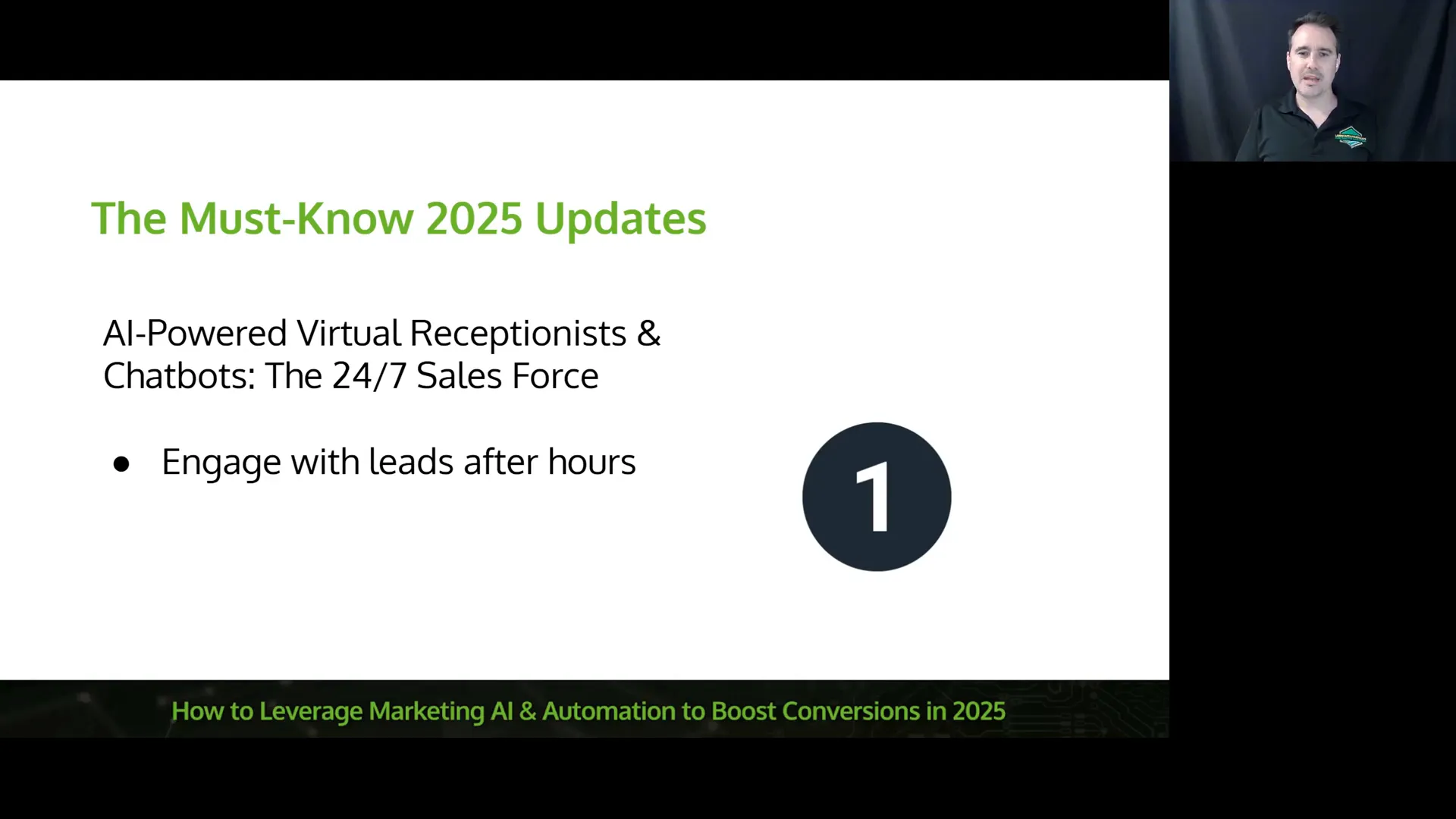
2. Data-Driven Phone Call Analysis and Sales Training
Recording and analyzing phone calls has become a vital strategy for owning your sales data. With AI transcription and voice analysis tools, you can extract valuable insights from conversations with leads and clients.
This data can be used to:
- Train sales teams more effectively by identifying common objections and successful tactics.
- Develop comprehensive employee handbooks updated in real-time with actual conversations.
- Spot recurring issues or client concerns that need addressing.
Emerging AI tools even analyze the tone, sentiment, and engagement level of calls, providing deeper understanding beyond simple transcripts. If you’re not recording and analyzing calls yet, this is a high-impact area to start immediately.
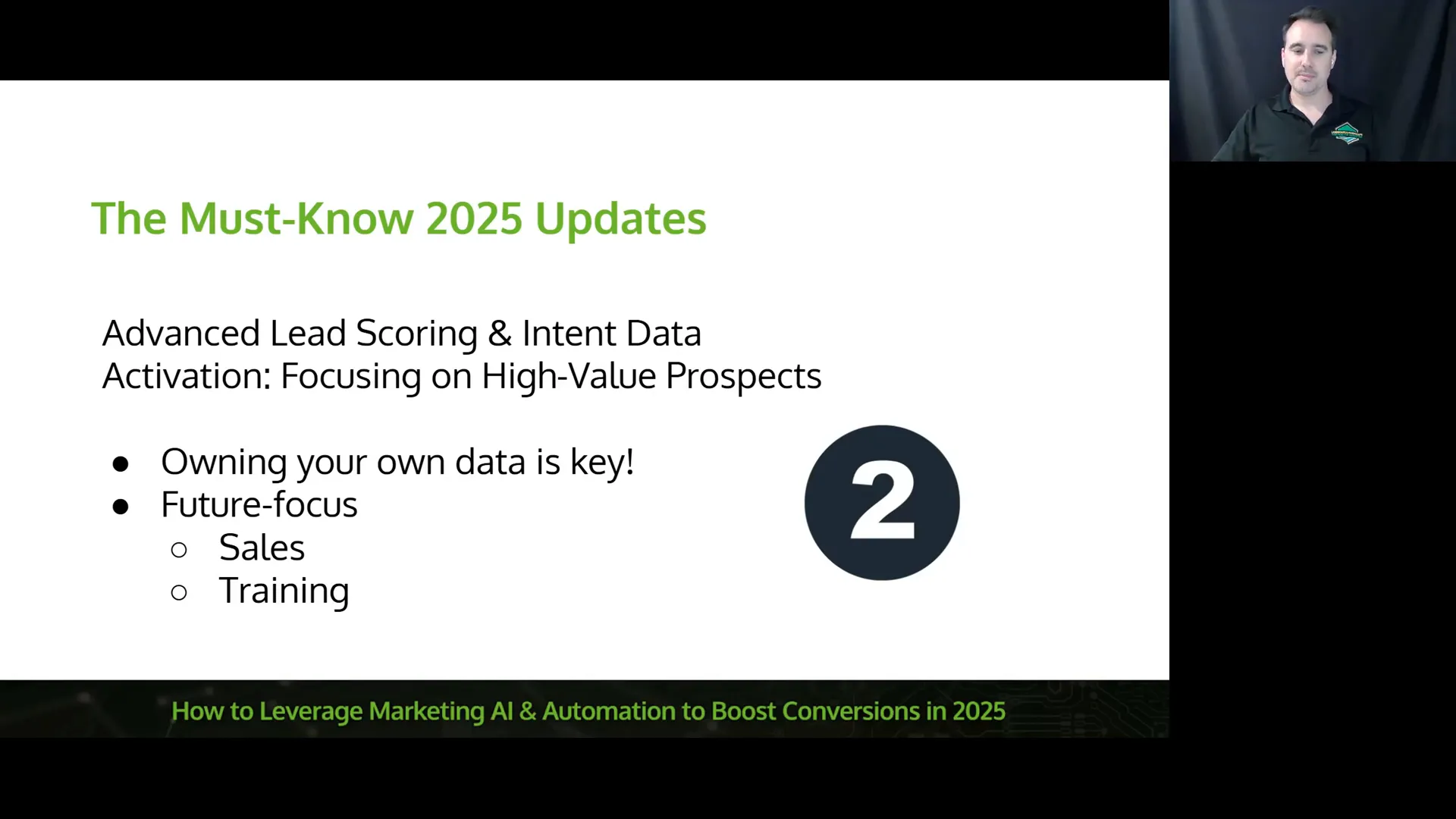
3. Reputation Management: The New Frontier of SEO
AI-driven search engines are evolving beyond traditional SEO into what’s called Answer Engine Optimization (AEO). This means that your business’s online reputation across multiple platforms—Google Business Profile, Yelp, Facebook, Houzz, Reddit, and more—is critical.
AI models crawl the entire Internet to assess your reputation, reviews, photos, and videos to determine your trustworthiness and relevance. Therefore, collecting authentic reviews and visual proof of your work is essential.
Strategies to boost your online reputation include:
- Automated, polite review requests post-project via text or email.
- Encouraging clients to share photos and quick video testimonials.
- Engaging with clients on social media and your website to showcase projects.
- Monitoring and responding to reviews across all platforms.
Building a deep and broad reputation online will improve your visibility and attract higher-quality leads.
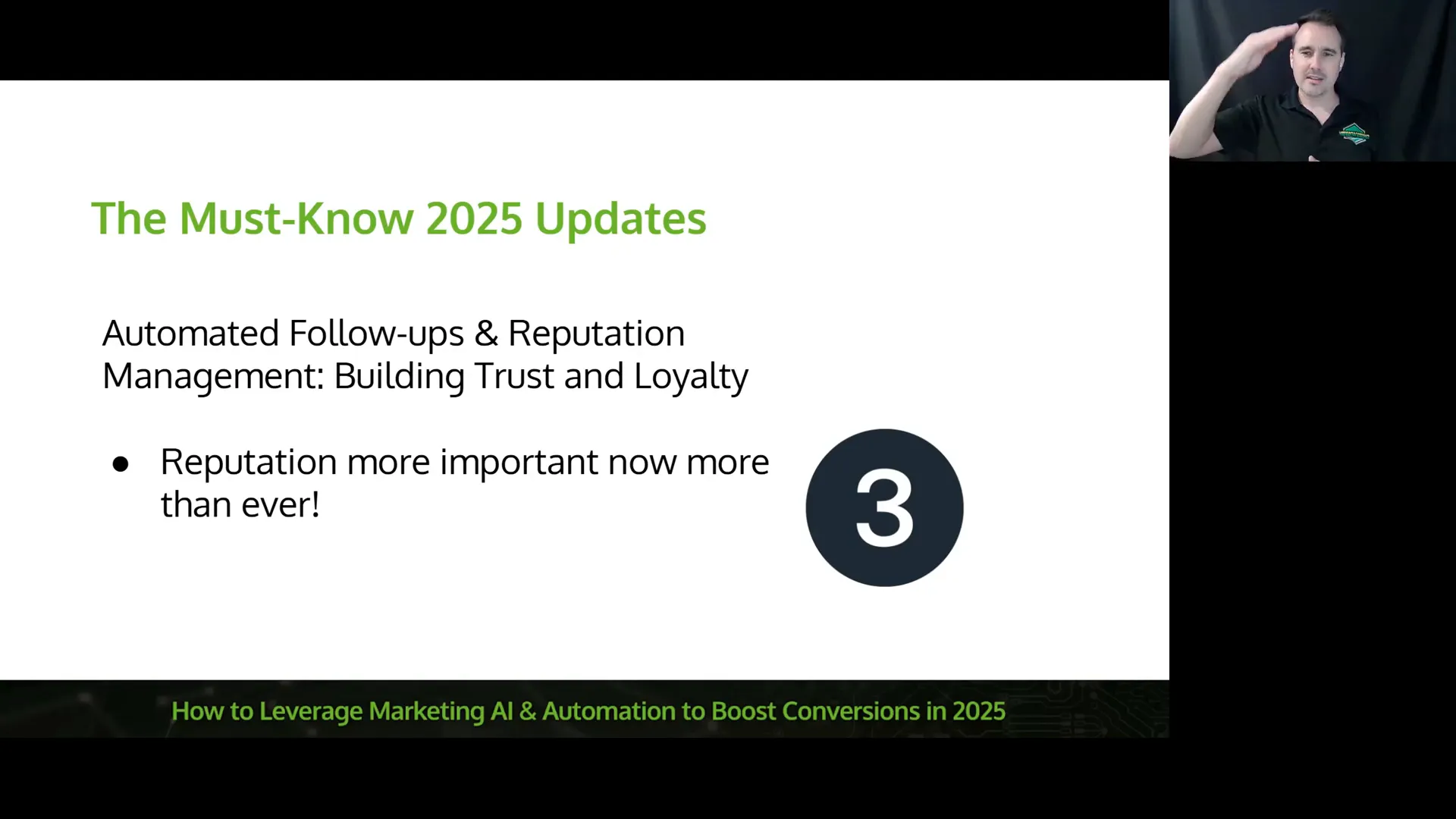
4. AI-Powered Content Creation and Brand Voice Optimization
Creating consistent, high-quality content is no longer a daunting task thanks to AI writing tools like ChatGPT and Claude. These platforms allow you to input your business details, services, team information, and brand tone preferences, enabling the AI to produce tailored content for your social media, website, and advertising campaigns.
With these tools, you can generate:
- Social media captions and posts
- Video scripts explaining projects or seasonal tips
- Website copy optimized for SEO and AEO
- Email newsletters and follow-up sequences
Defining your brand voice—whether conversational, professional, or somewhere in between—and guiding the AI accordingly ensures your messaging remains authentic and resonates with your target audience.
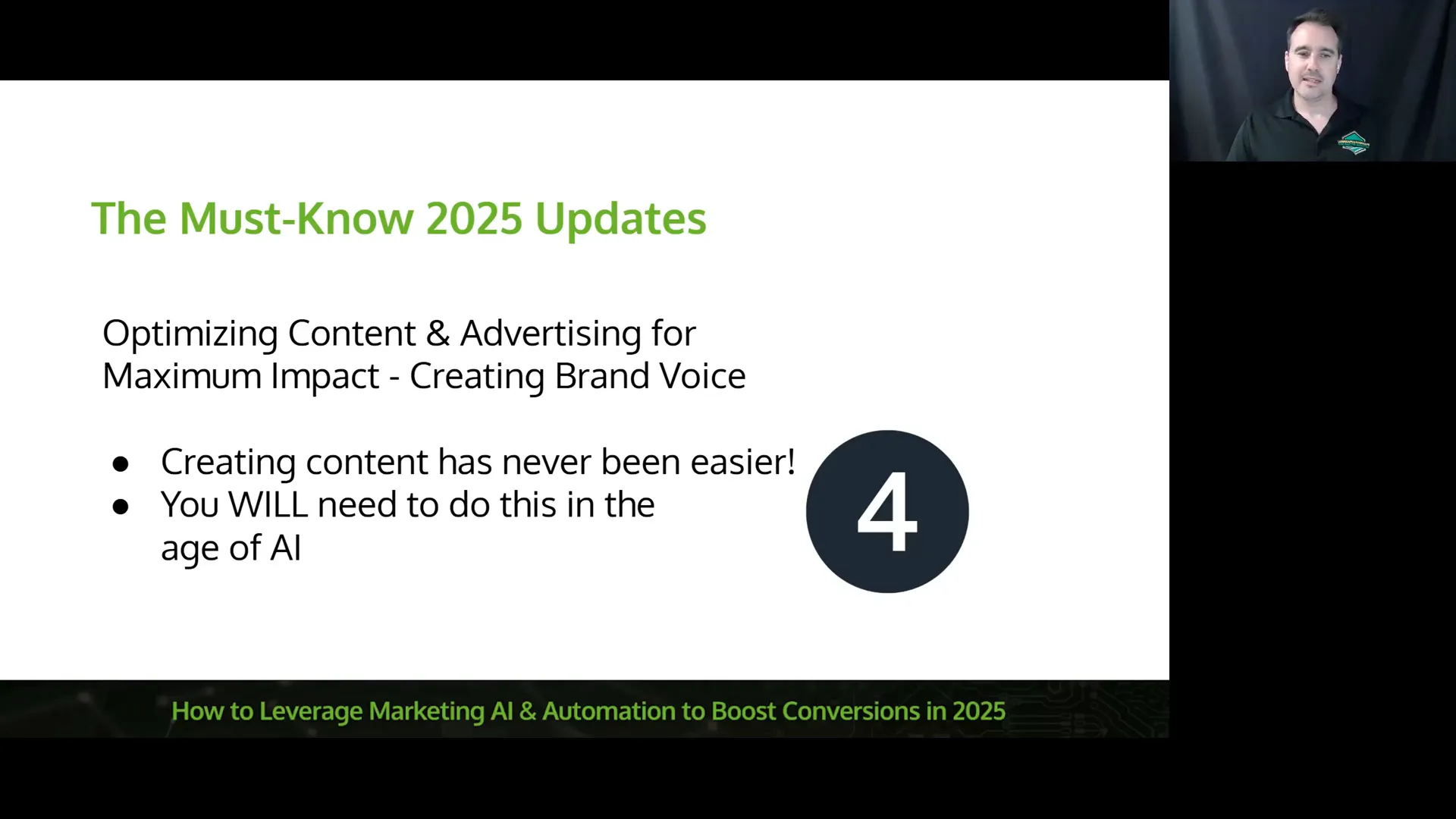
5. AI-Assisted Paid Advertising Optimization
Paid advertising on platforms like Facebook and Instagram remains a powerful lead generation channel. However, managing and optimizing these campaigns can be complex and time-consuming. AI-assisted marketing tools, such as PlayPlay and Search Atlas, analyze your ad campaigns to identify the best-performing images, headlines, and texts.
These tools help you:
- Understand which combinations yield the highest engagement and conversions
- Automatically optimize ad settings for better performance
- Stay ahead of competitors who are also leveraging AI
If you’re running any paid ads, integrating these AI tools can increase your return on ad spend (ROAS) and make your marketing budget work harder.
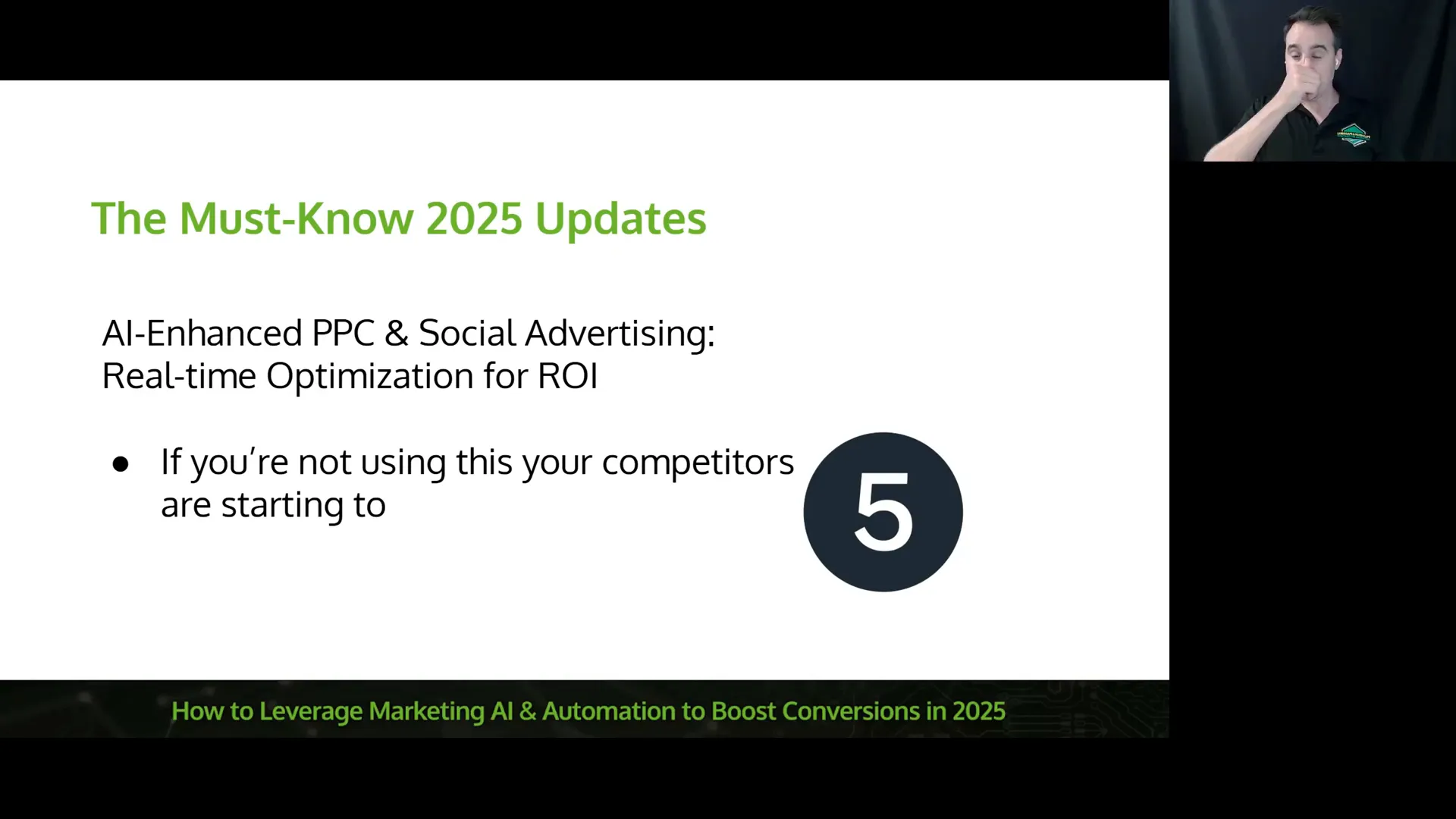
Practical Applications: From Lead Conversion to Reputation Management
Boosting Lead Conversion with AI-Powered Automation
Let’s break down a simple example to illustrate the power of AI in lead conversion:
- Imagine you receive 30 leads over a period (week, month, or year).
- Your current conversion rate without follow-up is 30%, meaning you book 9 jobs.
- Your average ticket price is $12,500, generating $112,500 in revenue.
Now, if you implement AI-driven follow-up automation that increases your conversion rate to 70%—a realistic target given multiple touchpoints and rapid responses—you would book 21 jobs instead of 9.
At $12,500 per job, that’s a staggering $262,500 in revenue, more than doubling your income from the same lead volume simply by improving follow-up and engagement.
This illustrates that every lead becomes significantly more valuable when you use AI and automation effectively.
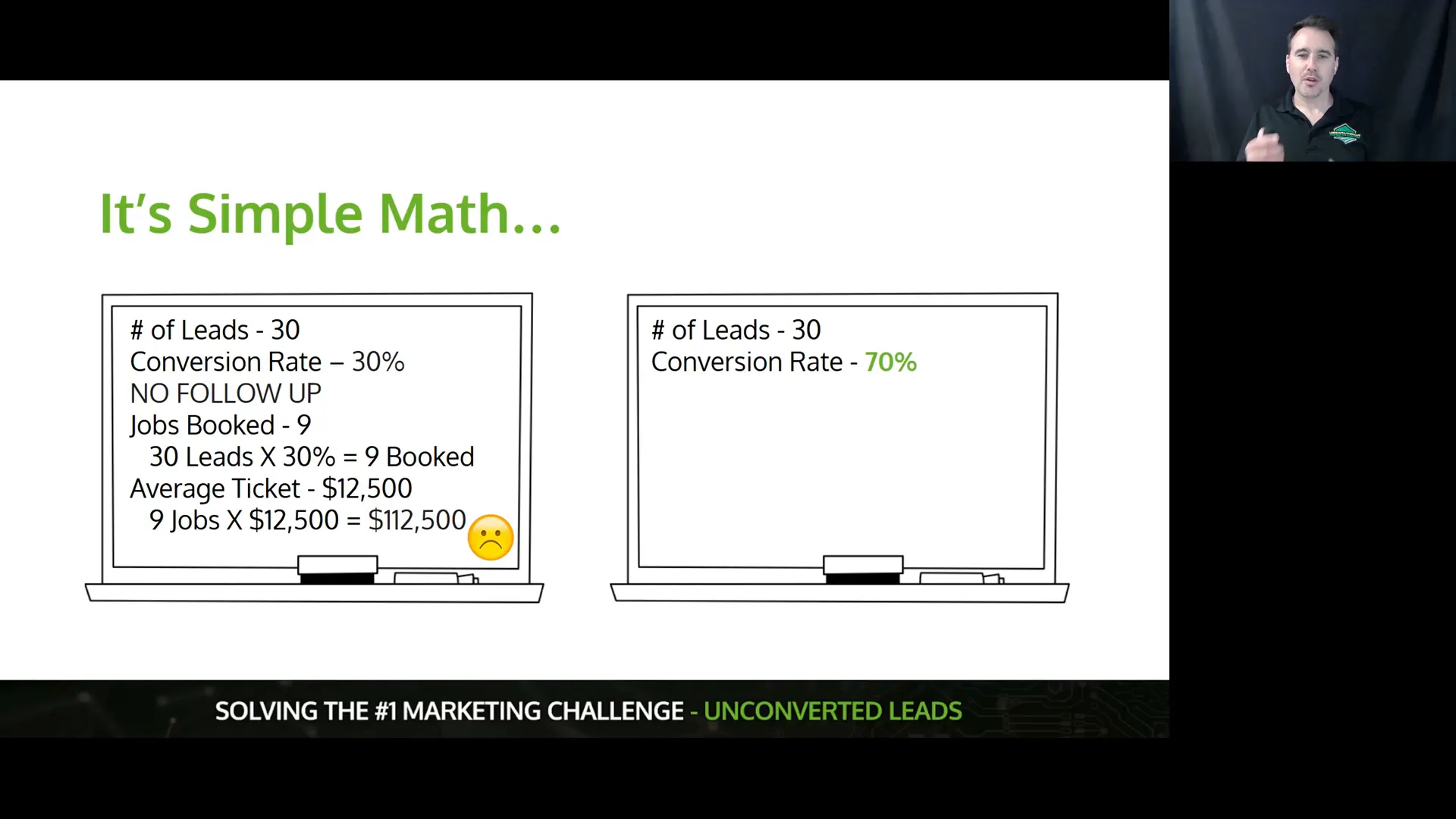
Implementing Effective Follow-Up Systems
Key to this success is automation that:
- Sends an immediate thank-you message within 2 minutes of form submission.
- Initiates a sequence of 5-7 follow-up touchpoints via text, email, or calls.
- Engages leads conversationally, answering questions and scheduling appointments.
- Includes voice AI for after-hours calls to capture leads when your team is unavailable.
Even if your business can’t answer every call live, having a virtual receptionist or chatbot ensures no lead is lost due to lack of response.
Optimizing Your Online Presence and Reputation
As AI increasingly relies on online data to recommend businesses, maintaining an active, positive online presence is essential. This includes:
- Regularly updating your Google Business Profile with fresh reviews and photos.
- Encouraging clients to leave reviews on multiple platforms like Yelp, Houzz, and Facebook.
- Creating engaging content that showcases your expertise and completed projects.
- Monitoring mentions and feedback on forums and social platforms like Reddit.
Remember, AI models scan all these sources to decide how trustworthy and relevant your business is to local searches.
Optimizing Content Creation with AI
Content is the lifeblood of your marketing. AI tools can help you create content faster and more consistently by:
- Generating social media posts tailored to your brand voice and target audience.
- Writing blog posts or articles that improve your website’s SEO and authority.
- Producing video scripts that you or your team can use to create engaging visual content.
- Drafting email sequences for nurturing leads and staying top-of-mind with clients.
By investing a little time upfront to train the AI with your business’s unique details and style preferences, you can automate much of your content marketing efforts with minimal ongoing effort.
Enhancing Paid Advertising with AI-Assisted Tools
Paid social advertising is a critical lead generation channel, but managing ads manually can be inefficient. AI-powered tools offer:
- Automated analysis of ad performance metrics.
- Recommendations on the best-performing visuals and copy.
- Automatic adjustments to targeting, budget allocation, and bidding strategies.
- Real-time insights to outpace competitors who are also using AI.
Integrating these tools into your ad management process helps maximize your return on investment and ensures your campaigns are data-driven and continuously improving.
Implementing Best Practices and Next Steps
To get started or improve your AI and automation adoption, consider the following steps:
- Evaluate your current lead generation and follow-up processes. Identify gaps where leads are slipping through the cracks.
- Implement immediate contact automation. Use tools that send thank-you messages and initial follow-ups within minutes.
- Set up virtual receptionists or AI voice agents. Ensure your business is “open” 24/7 for calls and inquiries.
- Start recording and analyzing sales calls. Use AI transcription and sentiment analysis to improve training and sales tactics.
- Focus on reputation management. Automate review requests and encourage clients to share photos and videos.
- Leverage AI tools for content creation. Define your brand voice and use AI to generate consistent marketing materials.
- Integrate AI-assisted tools into your paid ad campaigns. Monitor and optimize for the best results.
- Continuously learn and adapt. AI and marketing technologies evolve rapidly; stay informed and experiment with new tools.
Additionally, consider listing your business on industry-specific directories optimized for SEO and AI visibility, such as Outdoor Spaces HQ. This increases your online footprint and helps AI models find and recommend your services.
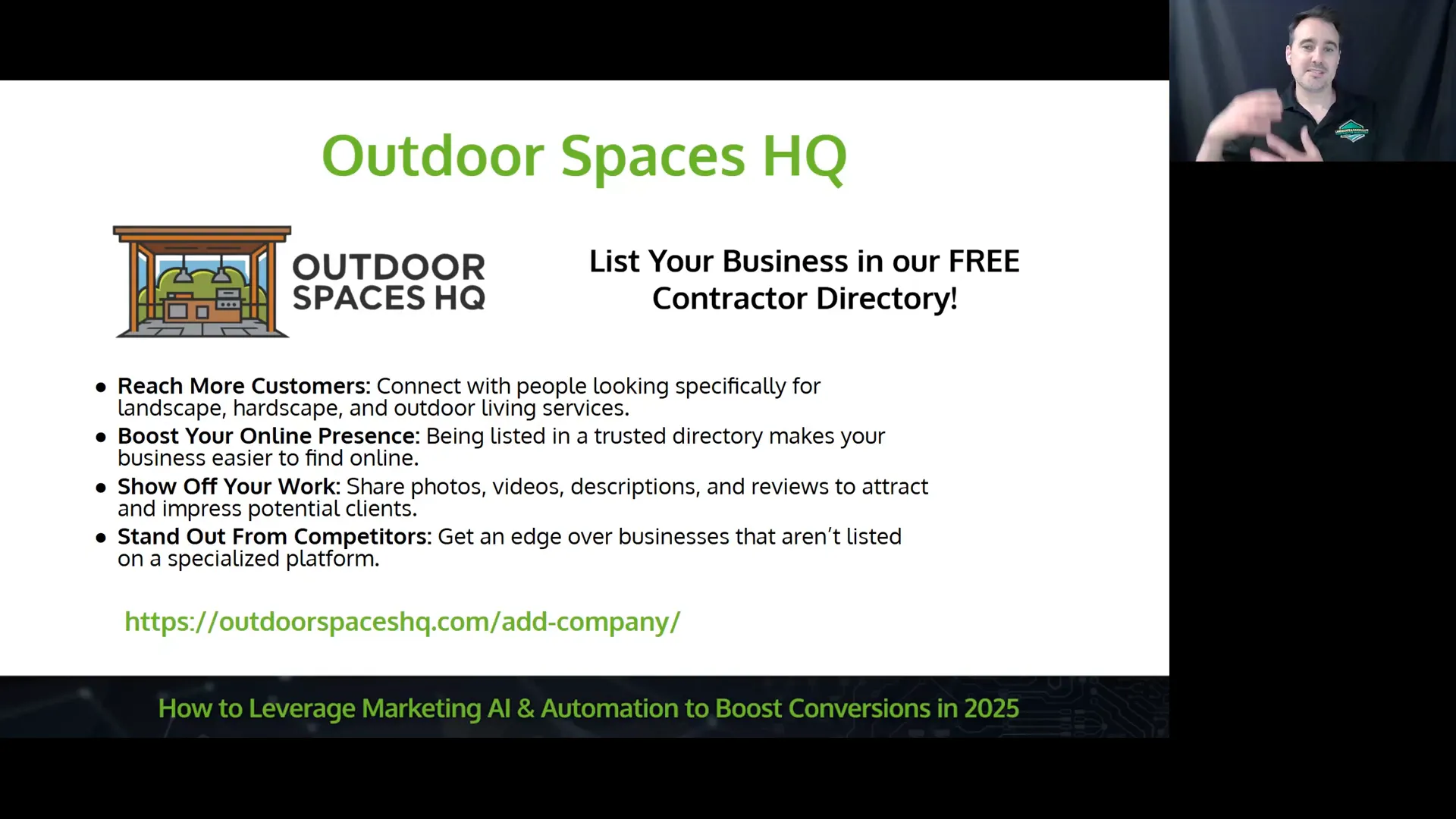
Frequently Asked Questions (FAQ)
Q1: What is the difference between automation and AI in marketing?
Automation typically refers to fixed, rule-based processes like sending a pre-written email after a form submission. AI adds adaptability by “thinking” on the fly—it can pivot responses based on context, engage in more natural conversations, and optimize interactions dynamically.
Q2: How quickly should I follow up with new leads?
Ideally, within 2 minutes of receiving a lead. Immediate acknowledgment increases engagement significantly. Follow-up should continue with multiple touchpoints (5-7 times) over days or weeks to maximize conversion chances.
Q3: Are voice AI agents effective for answering after-hours calls?
Yes. While some people may initially hesitate to speak with AI, these agents are improving rapidly and provide a professional, consistent experience that captures leads when your team isn’t available.
Q4: How important is online reputation in AI-driven search results?
Extremely important. AI models evaluate reviews, photos, videos, and mentions across multiple platforms to determine trustworthiness and relevance. A strong, positive reputation leads to higher rankings and more leads.
Q5: Can AI tools write content that sounds authentic?
Yes, especially when you provide the AI with detailed information about your business, brand voice, and preferences. You can guide the tone—whether conversational or formal—and review/edit outputs to ensure authenticity.
Q6: What AI tools do you recommend for paid ad optimization?
Tools like PlayPlay and Search Atlas offer AI-assisted campaign analysis and automatic optimization. HighLevel also integrates AI functionality for marketing automation and voice agents.
Q7: How can I start implementing AI and automation if I’m new to this?
Start small by automating immediate follow-ups to new leads. Gradually add virtual receptionists, content creation tools, and ad optimization software. Focus on one area at a time and build your system step-by-step.
Conclusion
AI and automation are transforming marketing for landscape, hardscape, and outdoor living contractors in 2025. By embracing these technologies, you can unlock new levels of lead conversion, streamline operations, and enhance your brand’s online presence.
Remember, the biggest opportunity often lies not in generating more leads but in converting the leads you already have. Rapid, consistent follow-up powered by AI, combined with a strong reputation and compelling content, will set your business apart in an increasingly competitive marketplace.
Take action today by exploring virtual receptionists, recording and analyzing your sales calls, focusing on reputation management, leveraging AI for content creation, and optimizing your paid advertising with AI tools. Continuous learning and adaptation will ensure you stay ahead as these technologies evolve.
For landscape contractors ready to grow their business and dominate their local market, AI and automation are no longer optional—they’re essential.


